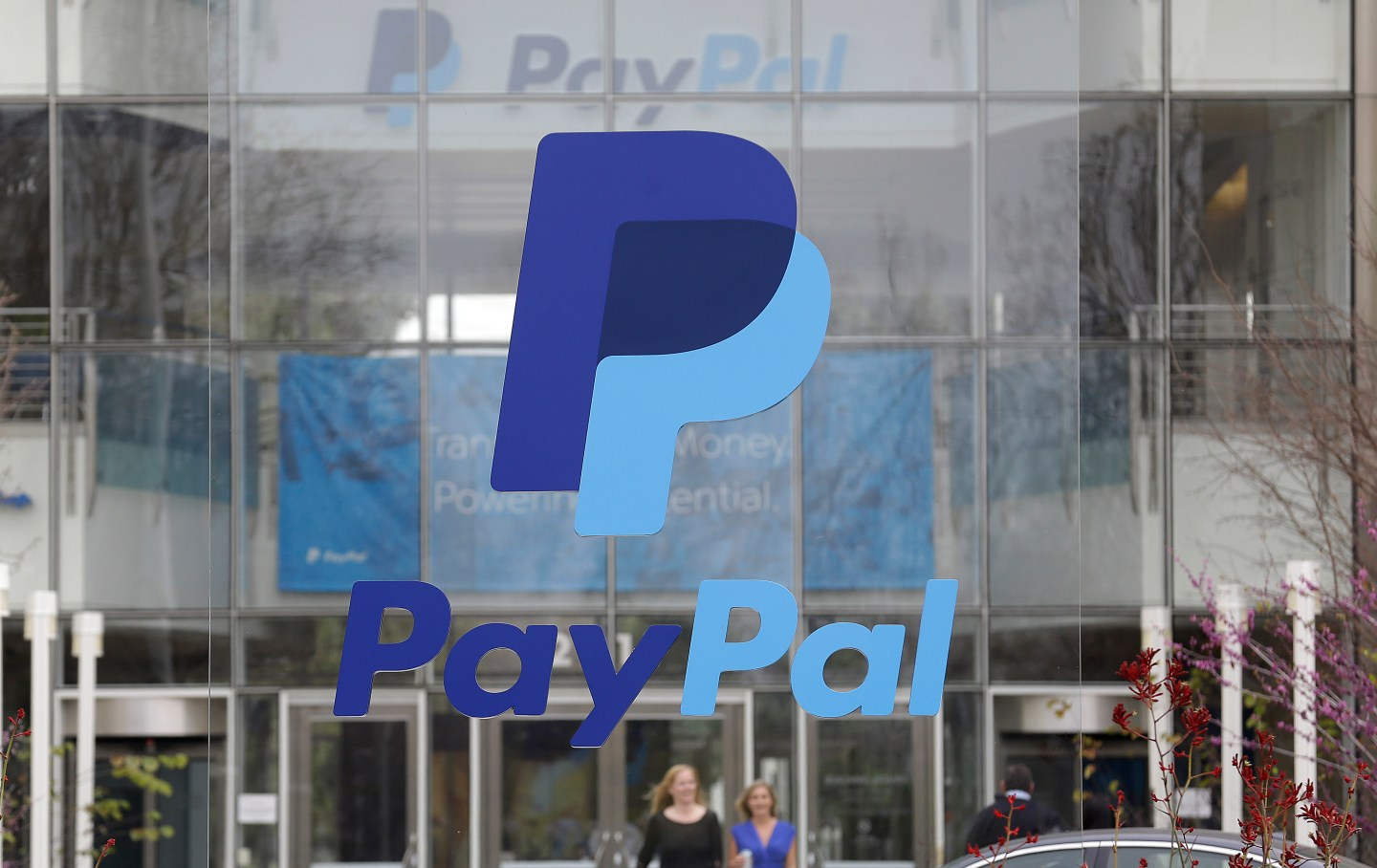Effective June 25, PayPal will drop Purchase Protection coverage for backers of crowdfunded projects, the Verge reports. The move comes as awareness of the risks of crowdfunding grows, but while less protection may sound like a bad thing for platforms like Kickstarter, the change may actually help prevent a repeat of some recent frustrating episodes.
Last year, Kickstarter funded a University of Pennsylvania study that found 9% of projects on the platform failed to deliver rewards. They also commissioned reporter Mark Harris to do a deep dive into one of the most high-profile failed projects, the Zano drone. More recently, the Coolest Cooler project ran out of cash before delivering its product to all backers.
Get Data Sheet, Fortune’s technology newsletter.
But while failed projects frustrate everyone, the Zano case shows how PayPal’s Purchase Protection actually added to the heartache. As Harris reported, Torquing Group, the creator of the Zano, did ship a few hundred of the drones before entering liquidation in failure. But they went to backers who pledged directly through Torquing’s website using PayPal (PYPL), not to Kickstarter backers.
The reason was PayPal’s policy of holding pre-order payments until a product is delivered, to back up its Purchase Protection service. That means that projects offering add-ons or preorders outside of Kickstarter found themselves financially pressured to send products to those customers first.
That understandably enraged many who pledged through Kickstarter – which, importantly, does not allow PayPal payments, and expects backers to shoulder all the risk for failed projects.
For more on crowdfunding, watch our video.
PayPal’s new policy might help avoid similar foulups in the future, by releasing funds to projects more quickly, and making it easier for projects to serve early Kickstarter backers first. If that leads to higher overall satisfaction for Kickstarter funders, it would be a boon to the crowdfunding model at a moment when it’s starting to show cracks.
